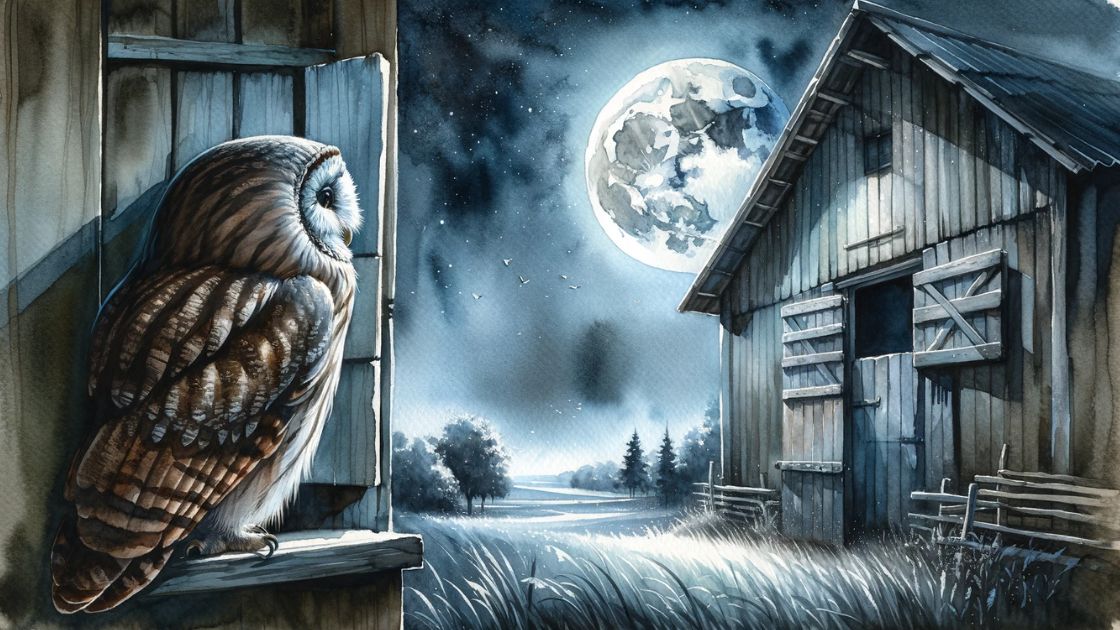For optimal health, most people require approximately 8 hours of sleep. Short nights are taxing on the body, leaving you susceptible to infection, inflammation, and chronic health issues.
When you look at sleep advice from health websites, they almost all say “get around 8 hours a night”. But this website is all about personalization and getting away from stock advice. So let’s look at one genetic mutation that causes a person to require less sleep.
Sleep duration and the DEC2 / BHLHE41 gene mutation
I always find the outliers interesting: The people with genetic variants that cause a deviation from the norm, such as centenarians with longevity variants.
We are all unique, and one-size-fits-all advice doesn’t always apply. One example of this is the idea that everyone needs 8 hours of sleep a night.
While most of us do best with around 8 hours of sleep, a genetic mutation in the DEC2 gene that causes some people to be perfectly fine with about 1.5 hours less sleep each night.
This means that people with the mutation average 6 to 6.5 hours of sleep. And the kicker is that there are no known negative effects from this!
Just imagine… over the course of a year that would be almost 550 hours not spent sleeping. You could take up a new hobby, read dozens of more books, learn a foreign language, or just have more fun.
What does the DEC2 gene do?
Another name for DEC2 is BHLHE41 (the official gene name).[ref]
The DEC2 gene encodes a protein that affects gene transcription of core circadian rhythm genes.[ref]
Your circadian rhythm is the built-in 24-hour clock that controls the function of lots of things in your body. In addition to impacting your need for sleep at night, the core circadian clock controls when your immune system is most active, how hormones are released over the course of a day, and your body temperature. In fact, your circadian rhythm controls the expression of about 40% of genes in the body.

Research also points to BHLHE41 (DEC2) being important in immune response and cancer prevention, through its role as a gene transcription regulator. Cell studies show that increased DEC2 can inhibit cancer cell proliferation, and a decrease in DEC2 is associated with more cancer growth in certain cancer types. It isn’t completely straightforward that more DEC2 is good – it depends on the type of cancer.[ref]
DEC2 and Orexin:
Recently, researchers found that BHLHE41 also impacts orexin levels. Orexin is is a hormone that acts in the hypothalamus to cause wakefulness as well as impacting mood, appetite, and reward. Problems in the orexin system are the cause of narcolepsy.[ref]
DEC2 may also play a role in periodontal health through regulating immune response in gum disease. A recent study using mice with low DEC2 levels showed that the animals had higher levels of proinflammatory cytokines and autophagy. [ref]
DEC2 Short Sleep Genotype Report
Not a member? Join Here.
Membership lets you see your data right in each article and also gives you access to the members’ only information in the Lifehacks sections.
BHLHE41 (DEC2) gene:
Check your genetic data for rs121912617 P385R (23andMe v5; AncestryDNA):
- G/G: typical
- G/T: natural short sleeper (less than 0.5% of population)[ref]
- T/T: natural short sleeper (really, really rare)
Members: Your genotype for rs121912617 is —.
Quick note: SNPedia.com and a couple other sources list the C allele as the mutation, but there are multiple mutation alleles listed for this specific rs id. I’ve gone with dbSNP here in listing the T allele as the mutation because it matches with the frequency in the population.
How rare is the DEC2 mutation?
The DEC2 mutation is found in less than 0.5% of the population. One commonly used genome estimate shows that the DEC2 mutation was found in just 2 people out of over 10,000. [ref]
Are there other genetic mutations that cause short sleep?
Another rare DEC2 mutation has been found by researchers. It is known as Tyr362His and does not have an rs id number yet.[ref]
Researchers also recently found a rare mutation in the ARDB1 gene that also seems to cause naturally shorter sleep.[ref] This rare mutation does not seem to be covered in 23andMe or AncestryDNA data.
The key takeaway here is that mutations that cause short sleep are rare, but they do exist.
Lifehacks for sleeping better:
If you are in the 0.5% of the population with this DEC2 mutation, then you can stop worrying about why you don’t need 8 hours of sleep :-)
The rest of this article is for Genetic Lifehacks members only. Consider joining today to see the rest of this article.
Related Articles and Topics:
Increased Slow Wave Sleep:
A genetic variant in the ADA gene causes people to typically have more deep, slow-wave sleep.
Sleep Report:
A quick overview of how your genetic variants impact various aspects of sleep including insomnia, circadian rhythm, and sleep quality.
Depression, Genetics, and Circadian Rhythm:
Your genetic variants in your circadian rhythm genes impact your susceptibility to depression, anxiety, and bipolar disorder.

